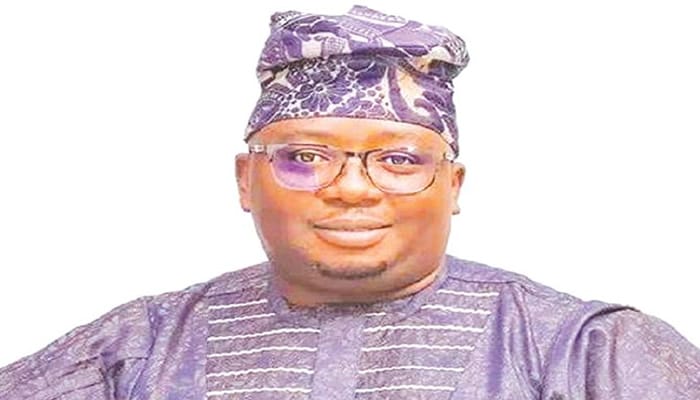
Osamagbe Imadiyi
The Federal Government has stated that it is contemplating plans to regularize the electricity tariffs in order to rectify inequalities in the current billing system for customers who are not in the Band A category, as part of its efforts to improve the liquidity of the Nigerian Electricity Supply Industry. With the proposed increase, tariffs for Band B and C customers would be in line with the N206/kW rate paid by Band A customers, who account for about 15% of the nation’s 12.82 million power users. Members of the organized private sector and power consumers, however, opposed this government plan, questioning why the government had kept raising the price of commodities across the economy. This follows the government’s admission that it currently owes the country’s 24 power generation companies and 11 electricity distribution companies over N4 trillion in electricity subsidies.
Adebayo Adelabu, the Minister of Power, announced this during Thursday’s public unveiling of the Nigeria Integrated Resource Plan and the National Integrated Electricity Policy in Abuja. A few weeks prior, Olu Verheijen, President Bola Tinubu’s Special Adviser on Energy, had alluded to a two-thirds increase in the current power rates. During his keynote address on Thursday, Adelabu stated that the government is taking this option into consideration because of the slow migration to Band A customers, which he attributed to distribution companies’ unwillingness to make the required investments. He claimed that the regularization of tariffs would encourage investment in the power industry in response to calls from prospective investors for the nation to implement a cost-reflective tariff system. The minister stated, “We will reexamine the tariff. For the avoidance of being misquoted, I am not stating that we will raise the tariff.
“We will examine it and see how we can build on our modest success from the previous year, both to expand the necessary sector and to enable us to make more investments in restoring all of these deteriorating infrastructures. We discovered that discos refused to invest, which should have sped up the transition to Band A. They have declined to make investments in this field. We need to invest heavily if we want to accelerate the migration of lower-band customers into Band A. A lot of time is being spent on it”.
As a result, the government is thinking about reorganizing the tariff bands to lessen the disparity that currently exists between them. The minister clarified that these disparities would be addressed by a new system that was suggested to include Bands A, B, and C and do away with D and E tariff groups. The minister also disclosed that over N4 trillion in electricity subsidies are owed by the Federal Government to electricity distribution and generation companies. He pointed out that the debt had made it more difficult to fortify the electricity industry so that customers could receive the best possible service.
